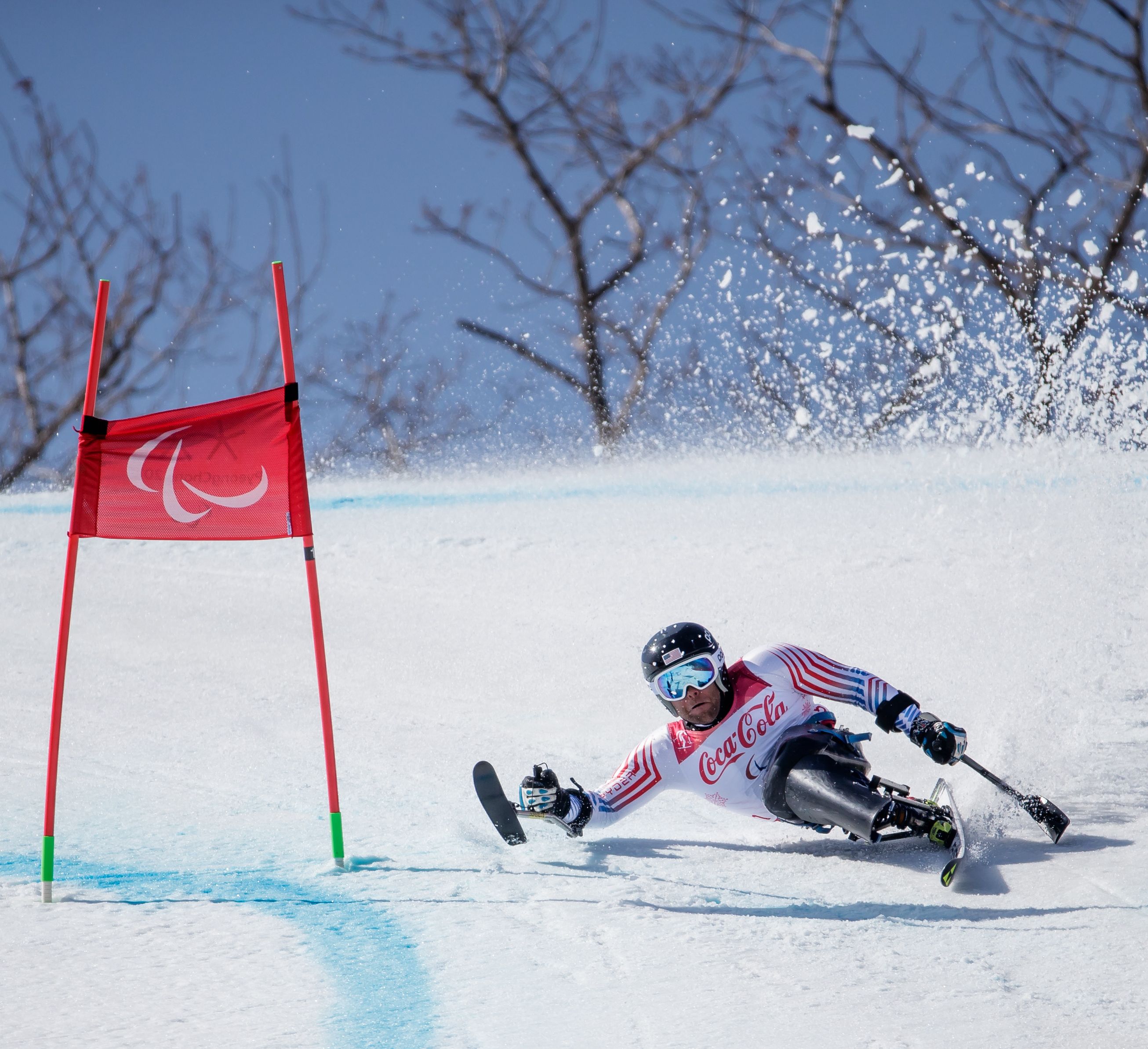It was a monumental day for American Paralympian Tyler Walker, who earned his first ever Olympic medal in PyeongChang, South Korea. The four-time olympian won the silver medal in the men's sitting giant slalom Wednesday at the 2018 Paralympic Winter Games.
"I don't know how to describe four Paralympics," Walker said. "A whole lifetime of dreaming of this. It's hard to put that down into a single statement. It's unreal."
He was one of five American skiers posting a top-10 finish in this year's giant slalom.
Walker's path to success can be traced backed to Lehigh and mechanical engineering professor Joachim Grenestedt, director of the university's Composites Lab.
Grenestedt, who worked with land speed racers, boats and aircrafts, turned his attention to monoskis when a former student was injured in an accident and lost the use of his legs. An avid skier himself, Grenestedt encouraged the student to try adaptive skiing. While observing him on a monoski for the first time, Grenestedt noticed that a large number of monoskis at the lodge were broken.
“I’d seen a lot of these adaptive skiing programs and it is truly amazing what some people can do," Grenestedt explained. “I believed we could design and manufacture a better sled.” says Grenestedt. He worked with Lehigh mechanical technician Bill Maroun to build a better monoski. It caught the attention of other skiers because it never broke.
In 2011, Grenestedt and his wife, Channy Tokura, received a Technology Transfer Grant from the Keystone Innovation Zone (KIZ) and started DynAccess, an adaptive ski equipment company whose slogan is “Nature has no sidelines.”
DynAccess monoskis feature a stiff, strong frame, specially developed suspension geometry and custom-made shock absorbers, among other high-quality elements. Word traveled fast in the small and close-knit community of adaptive skiing.
"The frame moved in a very predictable way,” Walker said. “It’s very light. It’s very strong. A lot of thought went into the frame, and the shock absorber really makes everything work."
For Walker, Wednesday's trip to the podium marked a major comeback following a bad crash at the 2014 games in Sochi, Russia.
"It was a lot of years of trying to push past the mental boundaries that that experience put on me," said Walker. "I had to make my body strong again and then had to figure out how I work best as an athlete ... It may take a really long time, but if you hang onto the right goals it can happen."
-Story by Kelly Hochbein, Lehigh University Office of Communications and Public Affairs contributed to this story.

